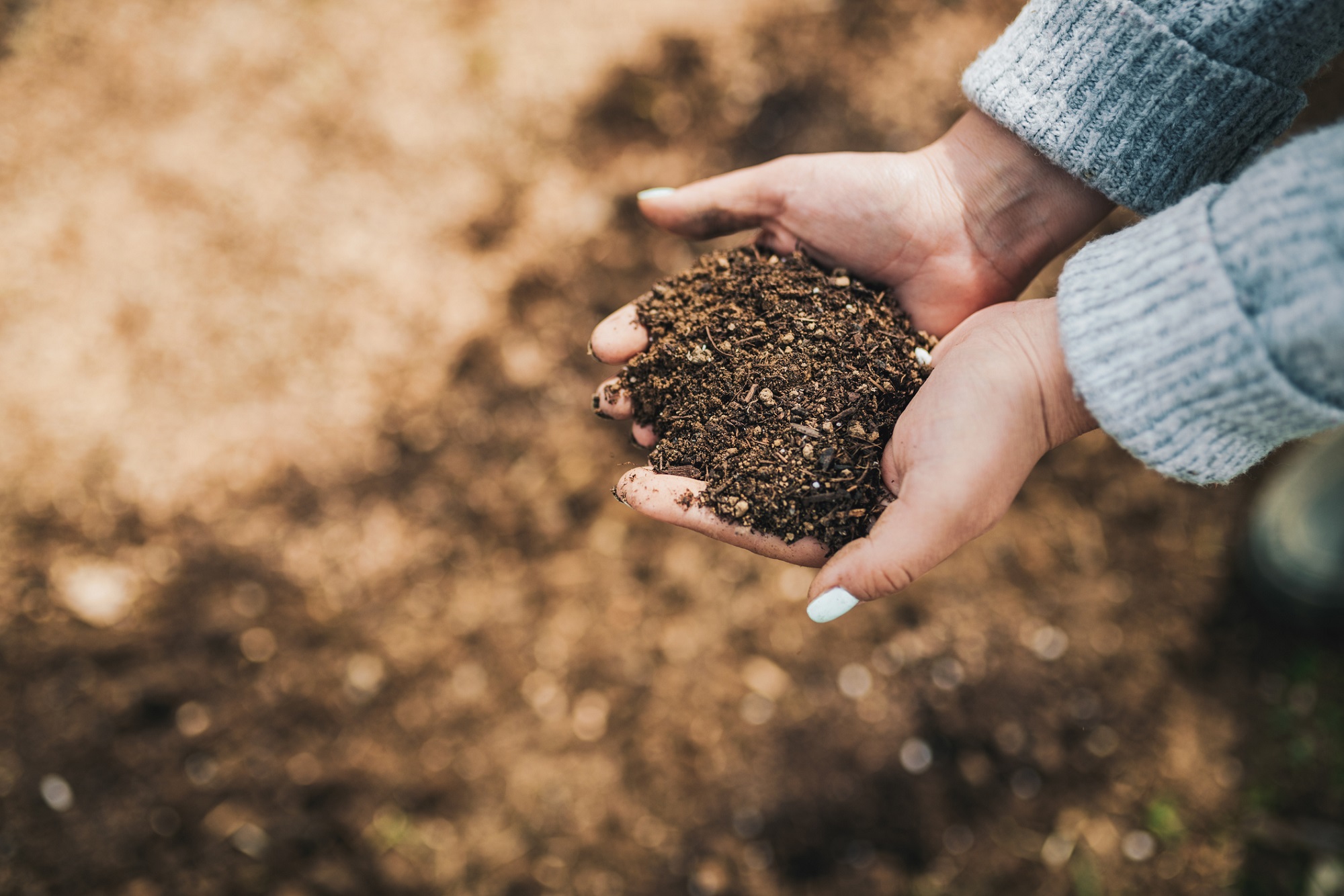
As market research firm Statista recently reported, “According to a survey conducted in 2023, 45 percent of US consumers stated that one of the most important criteria for sustainable beauty products was the use of 100 percent natural ingredients.” As a result, growing consumer preference for sustainable beauty product formulations has driven the development of numerous biodegradation protocols to assess these ingredients’ environmental impact.
A recent study published in Cosmetics, “Thermophilic Composting as a Means to Evaluate the Biodegradability of Polymers Used in Cosmetic Formulations,” examines one such method and its potential impact on cosmetics and personal care product manufacturers and suppliers. The study’s abstract noted, “While OECD (Organization for Economic Co-operation and Development) aquatic assays are suitable for water-borne chemicals, it is crucial for the personal care industry to consider the persistence of plastics in soil, compost, and municipal sludge.”
Further, the study’s abstract reported, “adopting this cradle-to-grave holistic approach would strengthen product appeal while increasing the accuracy and ethical integrity of green product labeling.” A holistic approach is essential for aligning product development with sustainable practices and meeting the expectations of environmentally conscious consumers.
Key takeaways
According to the US Composting Council, thermophilic composting is a process where organic materials are decomposed by microorganisms at high temperatures, typically between 40°C and 70°C (104°F and 158°F). This method accelerates the breakdown of organic matter and helps eliminate pathogens, resulting in a stable, humus-rich compost.
The study, therefore, explored how to employ “quantitative CO2 detection and thermophilic composting protocols specified in ASTM D5338,” along with “pass level criteria outlined in ASTM D6400, to assess the mineralization of plastics commonly formulated into personal care products.” The researcher’s approach aimed to provide a clear picture of how different plastics degrade in composting environments, thereby informing better product design and labeling practices for cosmetics and personal care product manufacturers and suppliers.
The study’s findings were promising for several materials. Researchers reported that “results indicate that many cellulose ethers, cationic guars, starches, proteins, and labile polyesters demonstrate satisfactory disintegration, biodegradation, and seed germination rates to secure an ASTM D6400 composability claim,” meaning these ingredients have the potential to be viable candidates for sustainable cosmetic formulations.
However, the study also revealed significant challenges. “Macromolecules designed with carbon–carbon backbones resisted acceptable mineralization in composting experiments,” researchers wrote, emphasizing a crucial limitation in current composting practices.
This resistance suggested that “unadulterated municipal compost lacks the necessary microbial diversity to enzymatically digest many synthetically derived resins,” which underscored the need for enhanced composting techniques or alternative disposal methods for such materials.
Additionally, the study found discrepancies in the biodegradability of specific polymers across different environments. “Polymers that showed acceptable biodegradability in internal and published OECD aquatic studies, including chitosan and polyvinyl alcohol, exhibited limited respiration in local municipal compost,” researchers reported.
This result indicated that biodegradability in aquatic environments does not necessarily correlate with biodegradability in composting environments. Therefore, further research is needed to determine if results from one type of testing environment will apply universally.
Potential industry impact
The study’s results emphasized the importance of adopting comprehensive biodegradation assessments across various environments. By doing so, the personal care industry can ensure that products labeled as “green” or “sustainable” truly meet these standards throughout their lifecycle.
This approach bolsters the credibility of green product labeling and aligns with the growing consumer demand for sustainability in cosmetic ingredients. By prioritizing biodegradability in diverse conditions, the industry can ensure a more environmentally friendly and ethically sound future for personal care products.
Source: Cosmetics
2024, 11, 99. https://doi.org/10.3390/cosmetics11030099
“Thermophilic Composting as a Means to Evaluate the Biodegradability of Polymers Used in Cosmetic Formulations.”
Authors: T.W. Gillece, et al.

